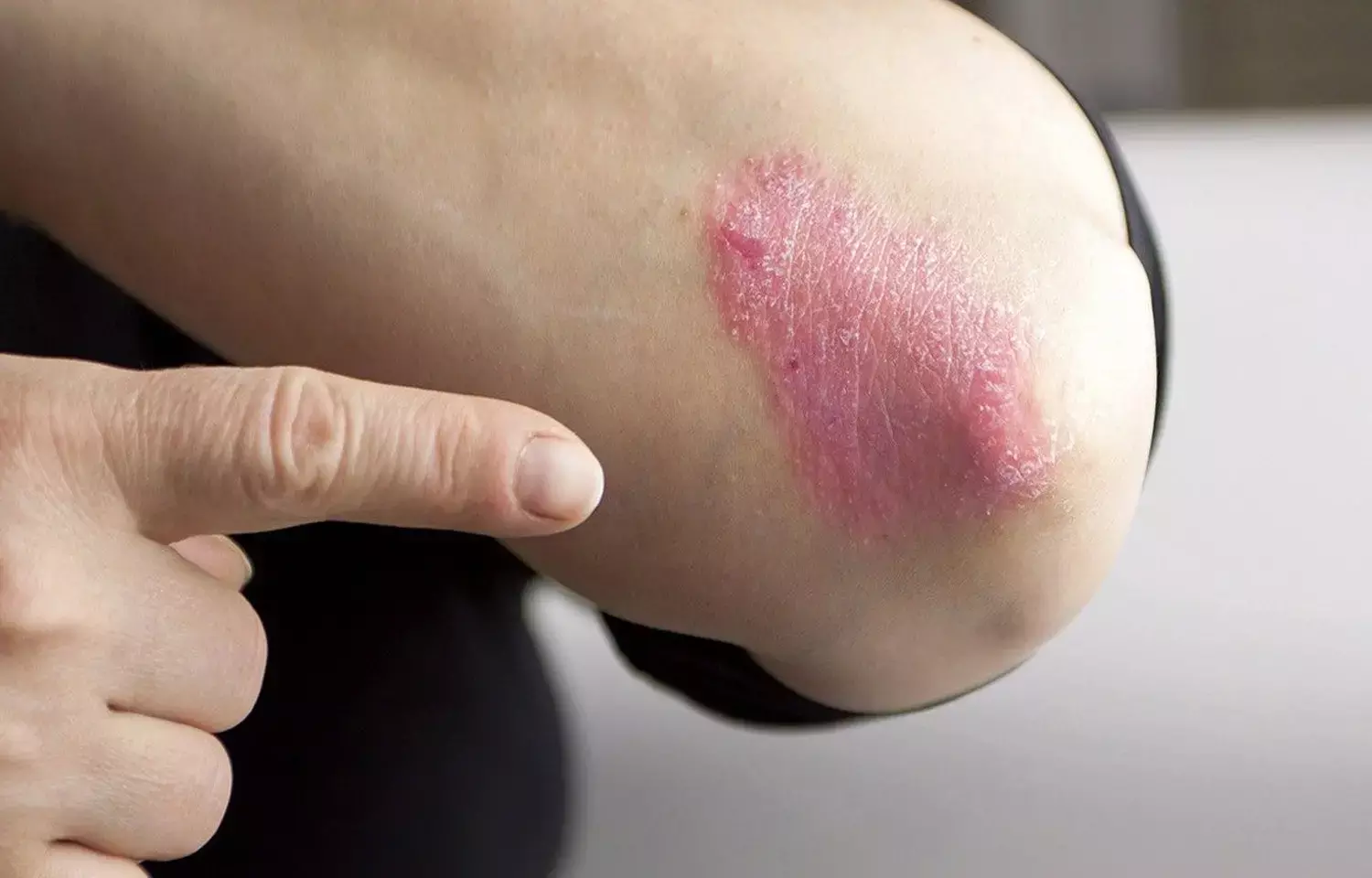- Home
- Medical news & Guidelines
- Anesthesiology
- Cardiology and CTVS
- Critical Care
- Dentistry
- Dermatology
- Diabetes and Endocrinology
- ENT
- Gastroenterology
- Medicine
- Nephrology
- Neurology
- Obstretics-Gynaecology
- Oncology
- Ophthalmology
- Orthopaedics
- Pediatrics-Neonatology
- Psychiatry
- Pulmonology
- Radiology
- Surgery
- Urology
- Laboratory Medicine
- Diet
- Nursing
- Paramedical
- Physiotherapy
- Health news
- Fact Check
- Bone Health Fact Check
- Brain Health Fact Check
- Cancer Related Fact Check
- Child Care Fact Check
- Dental and oral health fact check
- Diabetes and metabolic health fact check
- Diet and Nutrition Fact Check
- Eye and ENT Care Fact Check
- Fitness fact check
- Gut health fact check
- Heart health fact check
- Kidney health fact check
- Medical education fact check
- Men's health fact check
- Respiratory fact check
- Skin and hair care fact check
- Vaccine and Immunization fact check
- Women's health fact check
- AYUSH
- State News
- Andaman and Nicobar Islands
- Andhra Pradesh
- Arunachal Pradesh
- Assam
- Bihar
- Chandigarh
- Chattisgarh
- Dadra and Nagar Haveli
- Daman and Diu
- Delhi
- Goa
- Gujarat
- Haryana
- Himachal Pradesh
- Jammu & Kashmir
- Jharkhand
- Karnataka
- Kerala
- Ladakh
- Lakshadweep
- Madhya Pradesh
- Maharashtra
- Manipur
- Meghalaya
- Mizoram
- Nagaland
- Odisha
- Puducherry
- Punjab
- Rajasthan
- Sikkim
- Tamil Nadu
- Telangana
- Tripura
- Uttar Pradesh
- Uttrakhand
- West Bengal
- Medical Education
- Industry
Psoriasis patients under biological therapy have increased risk of MASLD: Study

A new study published in the Archives of Dermatological Research found that patients with psoriasis who were receiving biologic treatment, are at a high risk of acquiring metabolic dysfunction-associated steatotic liver disease (MASLD). 1% to 3% of people have psoriasis, a persistent inflammatory skin condition. Even in moderate situations, it is linked to a decline in health-related quality of life, and in severe cases, it is linked to increased mortality. Excess Th-1 inflammation, angiogenesis with blood vessel dilatation, aberrant keratinocyte differentiation, and epidermal hyperproliferation are the hallmarks of psoriasis.
There is growing recognition of links between psoriasis and metabolic disorders such as diabetes, obesity, and heart disease. The directionality of these correlations and the significance of psoriasis as an independent risk factor for these outcomes are being determined more and more by epidemiological research that has established these connections. Psoriasis is caused by a combination of immunological dysregulation, environmental stressors, and genetic predispositions.
The pathophysiology of psoriasis has been gradually elucidated by research. Studies have indicated that the pathogenesis of psoriasis is governed by a dynamic interaction between intracellular signalling molecules and external cytokine pathways. To improve treatment choices for psoriasis, a thorough evaluation of related conditions is necessary. Thus, to investigate the variations in the start and progression of related cardiometabolic comorbidities among psoriasis patients according to their therapy, Gwyneth Armijo-Borjon and colleagues carried out this study.
The patients with psoriasis who were over 13 and visited at a Northern Mexican hospital between 2012 and 2023 were the subjects of retrospective longitudinal research. Based on the kind of treatment they got, patients were divided into 3 groups as systemic, topical, and biologic. The development of comorbidity was predicted using a logistic regression analysis. A total of 52.8% of the 197 patients were female, and their mean (SD) age was 54.45 (16.91) years. They were split into three groups: topical (n = 90 (45.7%)), systemic (n = 57 (29.1%)), and biologic (n = 50 (25.5%)).
The biologic group had a significantly higher prevalence of metabolic dysfunction-associated steatotic liver disease (MASLD). With a Nagelkerke's R2 of 0.400, the logistic regression revealed that the development of MASLD was predicted by type 2 diabetes mellitus, biological therapies, and body mass index. Overall, patients with psoriasis who are receiving biological treatments are more likely to develop MASLD.
Source:
Armijo-Borjon, G., Miranda-Aguirre, A. I., Garza-Silva, A., Fernández-Chau, I. F., Sanz-Sánchez, M. Á., González-Cantú, A., & Romero-Ibarguengoitia, M. E. (2025). Biologic therapy for psoriasis is associated with the development of metabolic dysfunction-associated steatotic liver disease (MASLD). A study on the association of cardiometabolic conditions with psoriasis treatment. In Archives of Dermatological Research (Vol. 317, Issue 1). Springer Science and Business Media LLC. https://doi.org/10.1007/s00403-024-03688-5
Neuroscience Masters graduate
Jacinthlyn Sylvia, a Neuroscience Master's graduate from Chennai has worked extensively in deciphering the neurobiology of cognition and motor control in aging. She also has spread-out exposure to Neurosurgery from her Bachelor’s. She is currently involved in active Neuro-Oncology research. She is an upcoming neuroscientist with a fiery passion for writing. Her news cover at Medical Dialogues feature recent discoveries and updates from the healthcare and biomedical research fields. She can be reached at editorial@medicaldialogues.in
Dr Kamal Kant Kohli-MBBS, DTCD- a chest specialist with more than 30 years of practice and a flair for writing clinical articles, Dr Kamal Kant Kohli joined Medical Dialogues as a Chief Editor of Medical News. Besides writing articles, as an editor, he proofreads and verifies all the medical content published on Medical Dialogues including those coming from journals, studies,medical conferences,guidelines etc. Email: drkohli@medicaldialogues.in. Contact no. 011-43720751


